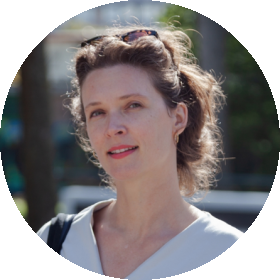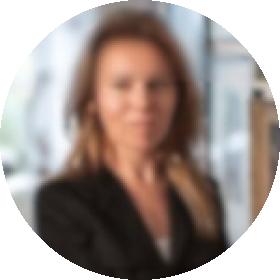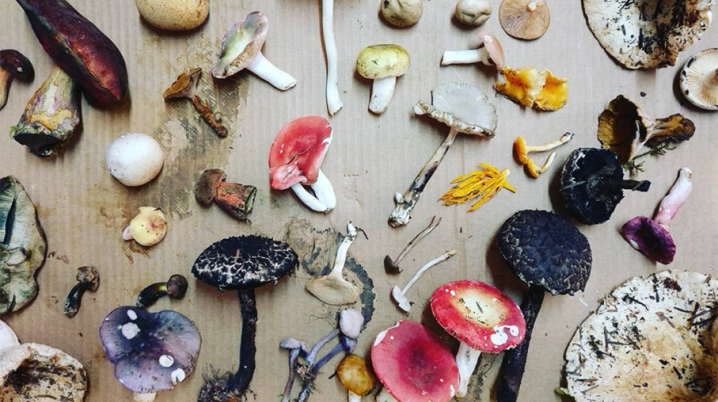
Artist-in-residencies exist as open and reflective spaces for research and experimenting in the arts for production and presentation. These residencies help build extensive networks of relations: from artists, curators, and experts, to peers, local audiences, and partners (such as exhibition spaces, art academies, policymakers, funders and sponsors).
Artist-in-residencies fuel this vibrant art ecology through their programs by inviting (international) guests to work from within these specific local contexts, often applying cross-disciplinary approaches, and consequently exploring its existing structures and relations. Over the last few years, there has been an increasing movement of different institutions and sectors to re-think the existing art ecologies and shift focus on issues such as care, green mobility, sustainability, inclusivity and more. To explore this growing movement, DutchCulture | TransArtists has invited four representatives from different institutions and collectives to share their approaches, best practices and have a conversation with the audience.
Programme
14.00 Welcome by Heidi Vogels and Lotte Geeven, DutchCulture | TransArtists
14.10 Presentation by Yasmine Ostendorf and Q&A with the audience
The need to re-think cultural networks and ways of communicating
Yasmine Ostendorf is the founder of GALA. This alliance of art spaces in Europe, Asia and Latin America aims to increase flexibility and maneuverability as a network to withstand the challenges ahead of us. Understanding how species (including humans) find each other for interconnected and collaborative survival in order to experience a mutually beneficial exchange, the question rises to which extent can this collaboration model be scaled up, formalized and adapted for different contexts? Yasmine Ostendorf looks into the rhizomatic ways of fungal strains for answers.
14.45 Three presentations including Q&A with the audience. The presentations take place simultaneously in three breakout rooms.
I Sourcing and validating local knowledges: The Rural School of Economics
Wapke Feenstra of art collective Myvillages presents The Rural School of Economics. A program that started in 2020 and will unfold for the coming years at rural locations in Europe. Project partners are e.g. Scottish Sculpture Workshop in Lumsden, the Russian village of Pushkino near Tver and the Van Abbe Museum in Eindhoven. Economics are here understood as a way we assign value to things, get access to means and organise relationships. This program sets out to value and share the decentralised, self-organised and creative ways we get together and live, and explores how the rural mindset can benefit to our knowledge systems and future.
II The network as collaborative agency and self-sustained model: Inland
Fernando Garcia Dory , artist and agroecologist , will introduce Inland, a project connecting art, territory and social change he initiated in 2009. It functions as collaborative agency and promotes networks dedicated to agricultural, social and cultural production. As a para-institution, Inland is working together, against and beyond existing institutions. It is structured around different axes and lines of work – from training to commercialisation – which feed back on each other and thus becomes a self-sustained model that adapts and replicates. Inland promotes cells in specific rural locations, setting up agencies in different countries to affect agrarian and cultural policy frameworks in Europe.
III Exploring and questioning hierarchies between (AiR) programs and funders: Solidarity Economies
Milica Ilic is the coordinator of RESHAPE, a research and development project bringing together art workers and artists from Europe and the southern Mediterranean, with the aim to imagine alternative models and practices for the current arts ecosystem. RESHAPE proposes an experimental, bottom up method to construct new narratives and instruments that are in tune with the evolution of the arts sector and society. One of the topics that the project has been dealing with is Solidarity Economies, looking at how the funding and economic models in the arts field could be more in line with the principles of solidarity. What are implications and responsibilities of unequal funding situations, and how can we imagine ways to operate otherwise?
15.45 Sharing the outcomes of each session
16.15 Closing of the program, after talk
16.30 End



